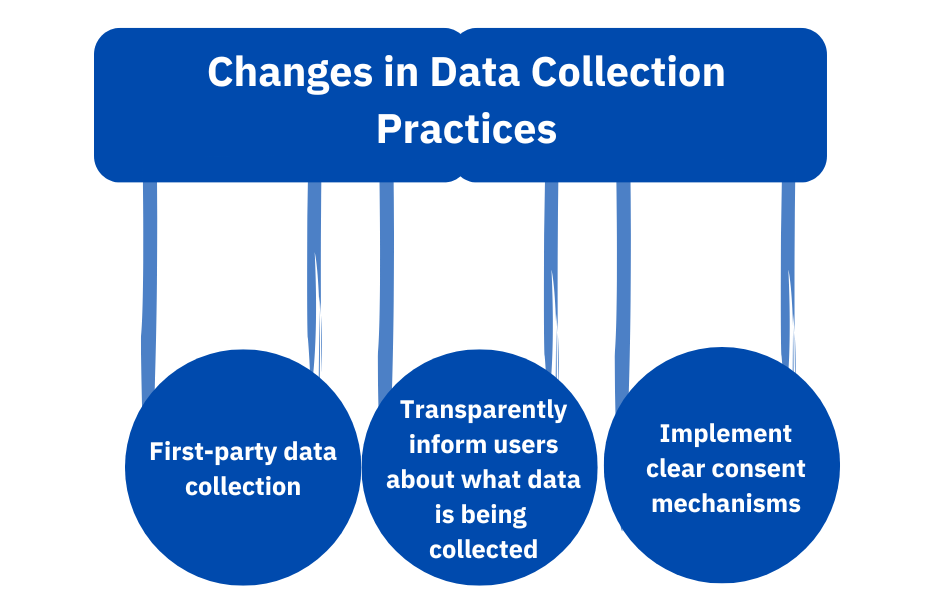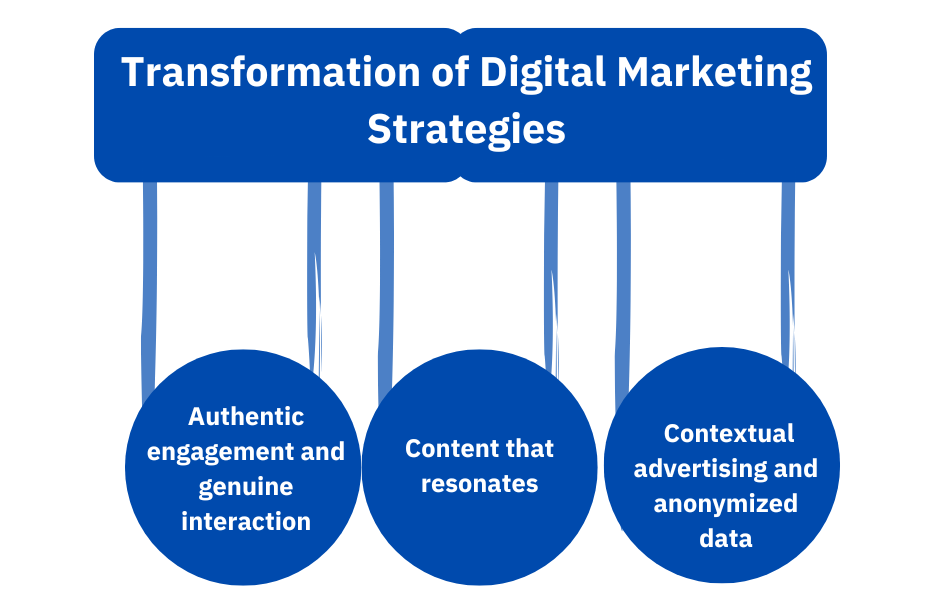With the rise of technology, social media, and online services, data security and consumer rights concerns have grown substantially.
People are demanding greater transparency and control over their information, prompting businesses and organizations to rethink their data practices.
Key privacy regulations have emerged in response to these concerns, shaping the data protection landscape. These regulations not only aim to protect consumer privacy but also impose significant penalties for non-compliance, highlighting the critical need for businesses to align with legal standards.
The purpose of this analysis is to examine how these privacy regulations are influencing digital marketing strategies. As marketers adapt to a world with stricter privacy measures, they must reconsider their approaches to data collection, consumer targeting, and advertising practices.
Understanding the implications of these regulations will be essential for developing effective marketing strategies that respect consumer privacy while still achieving business objectives.
Page Contents:
Changes in Data Collection Practices
The digital landscape has seen a significant transition from relying on third-party cookies—small bits of data collected from users by external domains—to a stronger emphasis on first-party data, which is information collected directly from users by a website or application they are engaging with.
First-party data allows brands to build a more comprehensive understanding of their customer’s behaviors and preferences. It also fosters trust, as users are more likely to provide information when they know it is being collected by the websites they interact with directly.
Businesses are now required to transparently inform users about what data is being collected, how it will be used, and the rights users have regarding their information.

This change emphasizes the need for companies to implement clear consent mechanisms, such as opt-in forms and detailed privacy policies, ensuring that users feel informed and secure in their online interactions.
Obtaining explicit consent not only complies with legal standards but also enhances customer relationships by demonstrating a commitment to ethical data practices.
The shift towards first-party data and the necessity for explicit consent have profound implications for customer data analytics. Businesses must adapt their analytical strategies to focus on the insights gleaned from owned data rather than relying on aggregated data from third parties.
Transformation of Digital Marketing Strategies
Brands that openly share their data policies and practices are more likely to build trust with their audience. Additionally, authentic engagement and genuine interaction through various channels can enhance customer loyalty and foster a positive brand reputation.
Content marketing has evolved into a crucial element of digital marketing strategies. Rather than relying solely on paid advertisements, companies are recognizing the importance of creating valuable, informative, and engaging content that resonates with their target audience.

This approach not only drives organic traffic but also positions brands as thought leaders in their industry. By utilizing blogs, videos, infographics, and social media, businesses can cultivate a loyal community and encourage user-generated content, which further extends their organic reach and impact.
By leveraging advanced technologies, such as contextual advertising and anonymized data, marketers can continue to deliver relevant ads without compromising user trust. As a result, companies that adopt these privacy-conscious practices are better positioned to succeed in a shifting digital landscape.